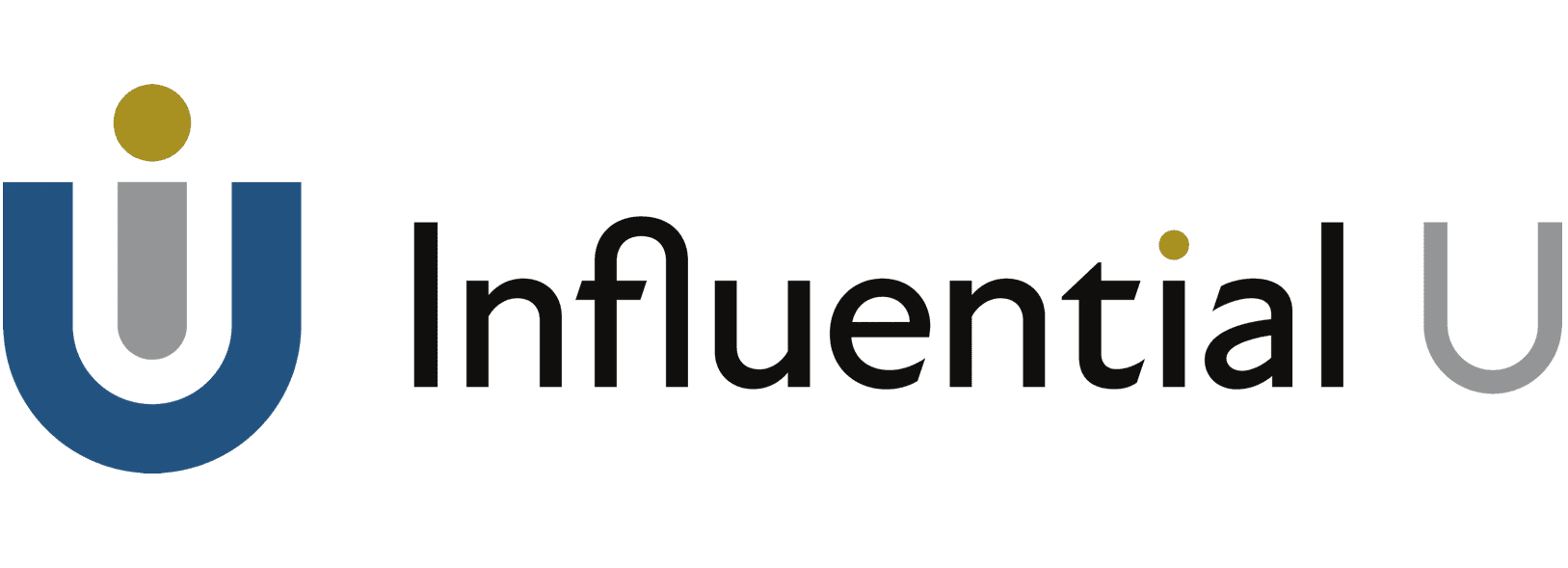Wingin’ It Isn’t a Long-Term Plan
Let's set the record straight: relying on hope and a bit of luck is as effective as trying to win the lottery by sheer willpower. It's a comforting thought, but hope doesn't quite cut it as a strategy in the challenging world of business. Developing a strategic mindset goes beyond piecing together a series of makeshift plans; it's about deploying resources wisely to carve out a path to victory. And here's an essential insight: strategy is fundamentally about resource allocation—those critical assets that always seem in short supply.
The truth is that many approaches labeled as "strategies" are often just recycled ideas that lack originality and depth. Authentic strategy involves a deep understanding of what you have at your disposal and using it to your best advantage. For instance, embarking on a lengthy journey without considering time constraints or splurging on luxury when the budget is tight are clear signs of strategic misalignment.
So, when you hear "strategy," think "optimizing limited resources." Remember, achieving lasting success is more of a gamble than a guarantee without focusing on efficiently utilizing what you have. True victory comes from making informed, deliberate choices that not only place you in the game but ahead of the competition.
Success doesn’t necessarily require the deepest pockets, but it does demand a sharp mind and the boldness to chart your own course. Take Southwest Airlines, for instance, a company that exemplifies strategic prowess in the competitive airline industry. While other carriers fixated on expanding their networks, Southwest adopted a different playbook, demonstrating that innovation and strategic clarity can redefine market standards.
Inventory Their Limited Resources
From the outset, Southwest conducted a thorough assessment of its assets, opting for innovation over imitation. Facing off against industry goliaths on their terms was out of the question. Instead, Southwest wielded its unique strengths precisely, showcasing that even limited resources can fuel remarkable achievements.
Make Scarce Resources Abundant
By abandoning the complex hub-and-spoke model for a more straightforward point-to-point service, Southwest effectively maximized its operational efficiency. This strategic pivot is akin to creating a feast from limited ingredients, proving that resourcefulness can lead to abundance.
Know Your Customers
Southwest focused on a segment of travelers overlooked by other airlines: those seeking simple, efficient, and affordable air travel. This strategy wasn’t about chasing the luxury market but fulfilling a widespread need for hassle-free travel, tapping into a vast, underserved customer base.
Think Critically
The decision to operate a single aircraft model (the Boeing 737) was a stroke of strategic genius. This move streamlined everything from maintenance to crew training, cutting through complexity to achieve operational simplicity and cost efficiency.
Think Iteratively
Southwest’s early adoption of online booking systems wasn’t just keeping up with technological trends; it was a strategic leap forward, reducing costs and enhancing customer convenience. This approach was about leading the charge and setting new standards for the industry.
Winning The Bottom Line
Southwest Airlines’ journey from an industry underdog to a leading carrier is a testament to the power of strategic thinking. While competitors were preoccupied with expansion for its own sake, Southwest pursued a distinct, winning strategy that propelled it to the forefront of the airline industry.
This story is more than just a success narrative; it’s a reminder that strategic insight, coupled with a willingness to innovate and adapt, separates the leaders from the followers. In the realm of business, hoping for the best without a solid plan is a risky endeavor. Strategic thinking and execution are what elevate aspirations into achievements.
Developing a strategic mindset is about preparation, adaptability, and making the most of your resources. So, the next time the temptation to "wing it" arises, remember: hope is not a strategy, and without a clear strategy, aspirations remain just that.
Keep playing, keep growing, and stay influential!

AUTHOR
John Patterson
Co-founder and CEO
INFLUENTIAL U
John Patterson co-founded and manages the faculty and consultants of Influential U global. Since 1987, he has led workshops, programs, and conferences for over 100k people in diverse professions, industries, and cultures. His history includes corporate curriculum design focusing on business ecosystems, influence, leadership, and high-performance training and development.



